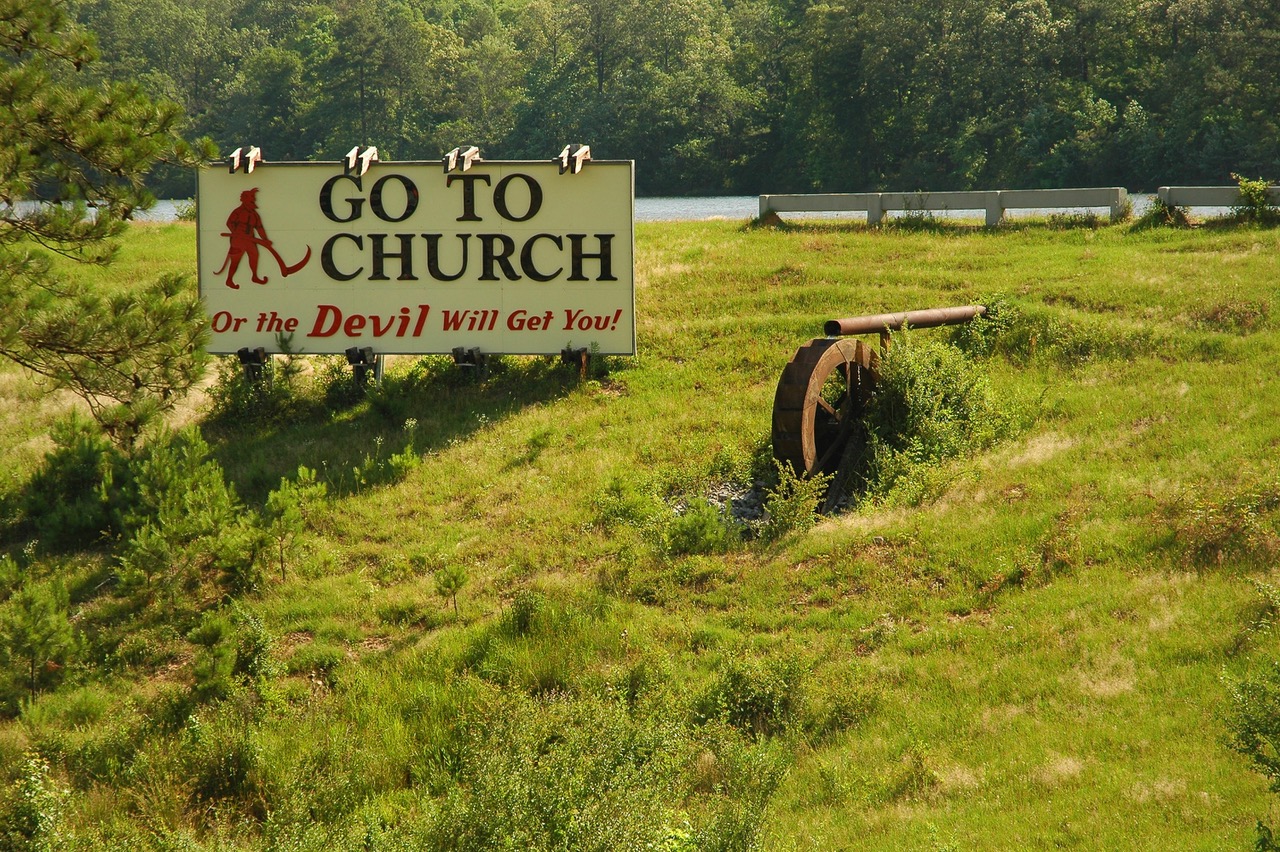- Written by: Rich Lusk
- Category: Church
Are woke pastors committing vocational suicide? Is it enough to not be woke? Or must a pastor be explicitly anti-woke in order to remain faithful?
- Written by: Rich Lusk
- Category: Church
These are some notes summarizing a recent presentation at a TPC congregational meeting, laying out plans for a long term building project.

- Written by: Rich Lusk
- Category: Church
This is the Lord’s service for the Lord’s people on the Lord’s Day, as we hear Lord’s Word and feast on the Lord’s Supper.
- Written by: Rich Lusk
- Category: Church
Maybe Eugene Peterson can help:
"Every congregation is a congregation of sinners. As if that weren’t bad enough, they all have sinners for pastors....
There’s nobody who doesn’t have problems with the church, because there’s sin in the church.
But there’s no other place to be a Christian."
